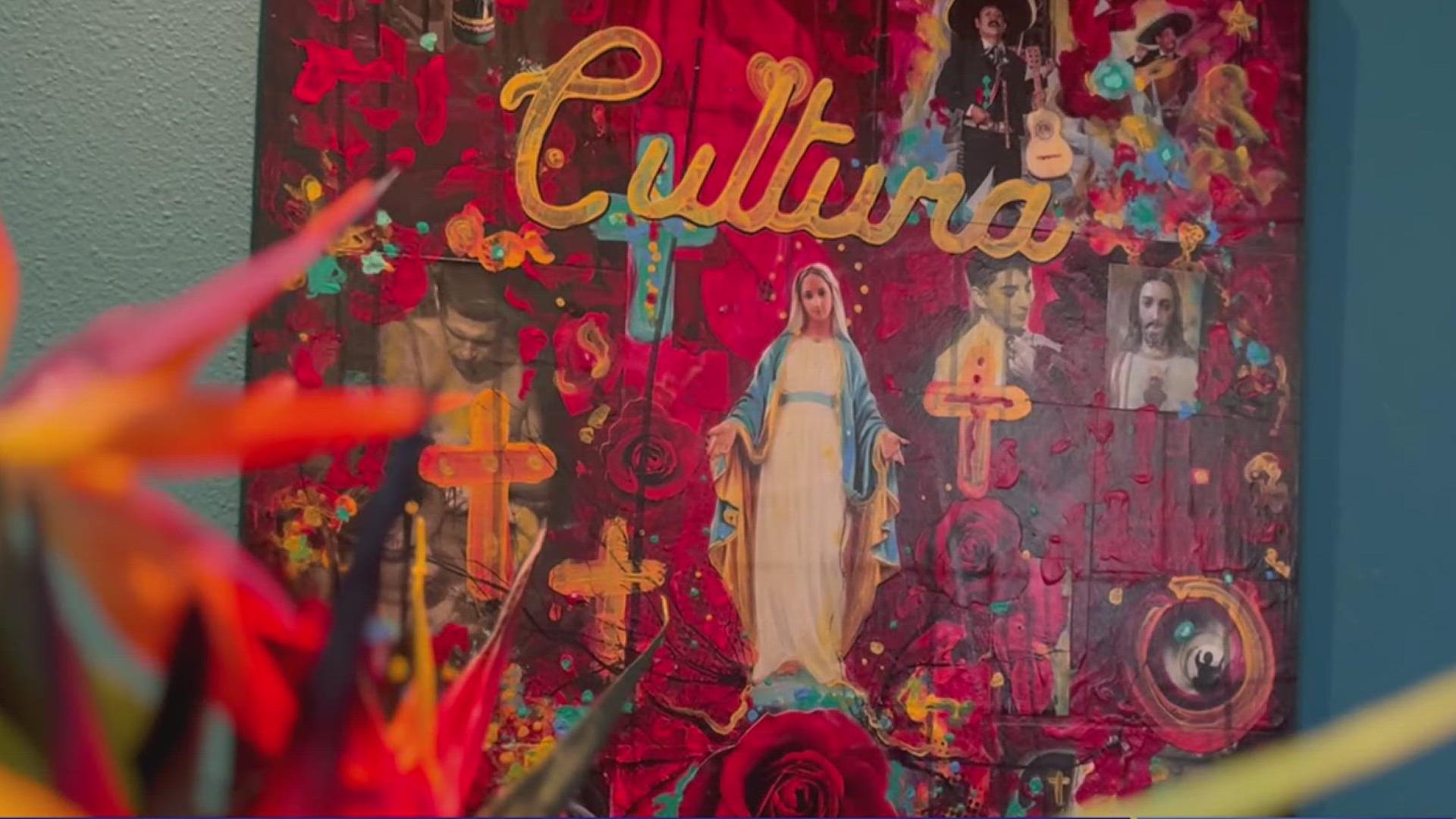CORPUS CHRISTI, Texas — Even in 2024, for many families, mental health is not always a topic up for discussion.
For those who grew up in Hispanic households, it's likely you grew up hearing the phrases: "Vale la pena," "pos ni modo," or "pray about it," when confronted with a difficulty or obstacle.
Once young girls hearing those same phrases, Dr. Kate Rodriguez and Marysa Luis, are now professionals in the mental health field working daily to help others fill in the blanks of their stories that were left unanswered, perhaps even neglected, for so many years.
According to the U.S. Department of Health & Human Services Office of Minority Health, in 2022, Hispanic adults were 60 percent less likely to receive mental health treatment, as compared to non-Hispanic white adults.
Rodriguez, a Coastal Bend native, is the owner and clinical director over at My Healing Center. She says she's seen waves of change but believes there's room for even more.
"It's come a long way, it’s definitely moving forward, but we still have a lot of clients who say, 'My family thinks I'm weak for coming over here, or talking to somebody but I can’t handle it on my own anymore, and they want me to just suck it up, but I can’t,' " she said. "The younger generation is starting to come around and change the older generation’s mind and so we’ve been seeing change."

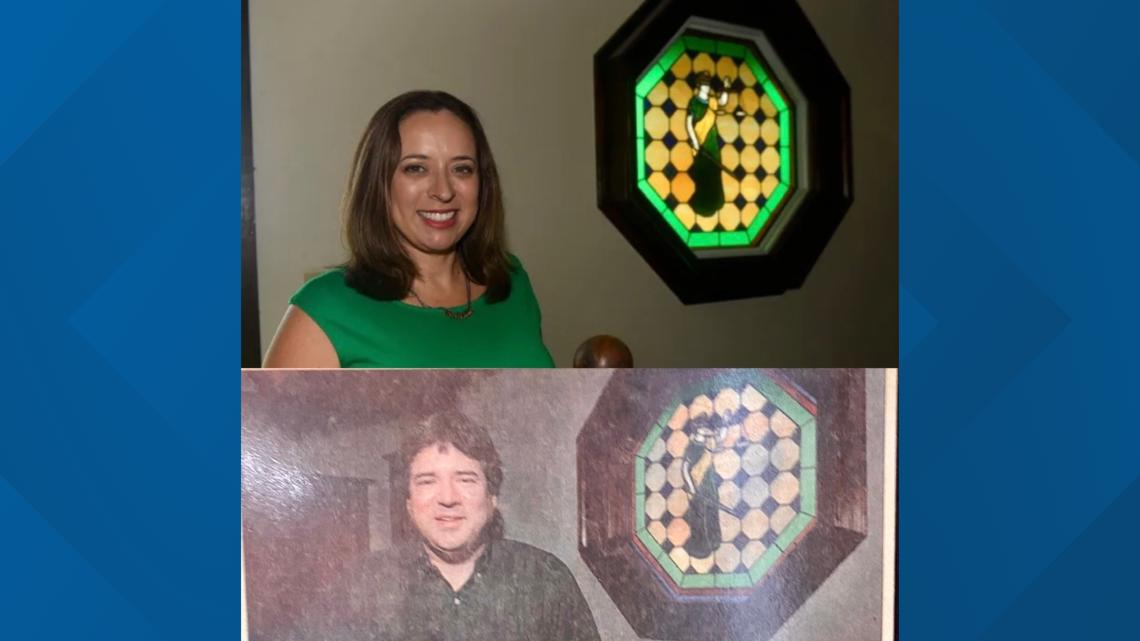
Marysa Luis is a licensed professional counselor associate for the center, as well as an adjunct professor at Texas A&M University- Corpus Christi. She said she comes from a large family, who she's now able to serve as their 'go-to' person for deep discussions, like mental health and support.
"It's breaking generational cycles it’s okay to seek help, and it’s normalizing those conversations," said Luis. "There's nothing weak about being vulnerable. If anything, it takes a lot of courage and bravery to be able to be vulnerable with someone and actually admit you need help and are struggling mentally the things you’re going through."

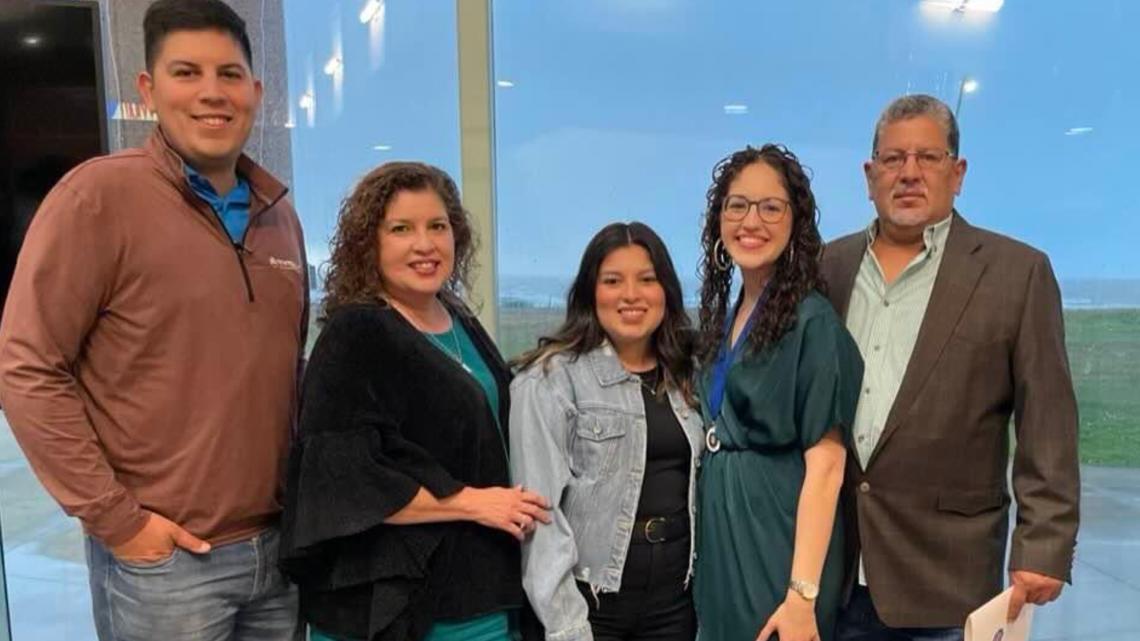
The two explained how they meet with many clients who are invested in addressing their mental health, but that it's something they still struggle with when it comes to talking about with parents, or grandparents.
"A lot of times, the older generation will tell them, ‘You think you had it bad? I had it worse!' And so, they feel that because other people have it worse, they’re not allowed to have pain, or they’re not allowed to be depressed because my mom my grandmother - all these people went through so much more than me," Rodriguez said. "Doing what makes us happy and not feeling selfish. Like when we want to take trips, go to the spa, have a girl’s night out, and you’re like, 'But my mom never did that so you’re like I don't know. I should probably just work, I should probably just stay home,' and it’s like you need to do things for yourself! So, I'm trying to teach people that you need to take care of yourself. In whatever way is right for you."
Another obstacle the two discussed is that some clients feel that if they seek out mental health help, they're not being completely loyal to their faith.
"Growing up, you were told to just pray about it. That’s still very much a thing," said Luis. "And that’s okay to lean on religion, to lean on your faith."
The Rev. Richard Gonzales, the priest over at St. John the Baptist Catholic Church in Corpus Christi, said the two can co-exist.
"Talk with a priest, but at the same time, we will also suggest seeking out, we will also advise, seeking out professional counseling," Gonzales said. "We may even have a list of people who that person may be able to see and make an appointment and talk about these different issues, but that doesn’t mean to stop visiting the priest. We can actually have both! We can also have the professional counseling, and also the spiritual direction. So, if you will, we could have both the science and the spirituality working hand and hand with each other!"
In fact, Gonzales shared that there's a particular group of parishioners he is seeing more often come to visit with him regarding mental health.
"Spiritually, or emotionally - what’s taking place within their very lives, their very heart," he said. "They want to talk with a priest, so I've been discovering that actually, that there’s just more men nowadays - young men in particular - coming to speak with me and I'm sure with many other priests as well."
Gonzales is also a South Texas native, and shared that growing up, while his family was pretty open to talk to, he noticed it could be difficult for some Hispanic families to have those types of conversations.
"Maybe that’s a general thing that happens in other cultures, but especially in the Hispanic culture, I think delving into our own feelings, our own emotions what we’re going through tends to be quite private," he said. "And I can’t really put a name on it, but for some reasons, we don’t really want to share that intimate part of our lives."
Seeking therapy and counseling are things that Gonzales can attest to himself, sharing that he too sought it out when he was in the seminary.
"I did seek out counseling, and it helped! Actually, it truly helped to validate who I was as a person. What my vocation was, what my vocation is," Gonzales said. "We can use both! I think we need both!"
He has been a priest for nearly three decades now. In that time, he's seen a lot, including: the COVID-19 pandemic. He explained how in that time especially, he noticed a strong desire among parishioners to connect with others, so he created a YouTube channel which is still active today!

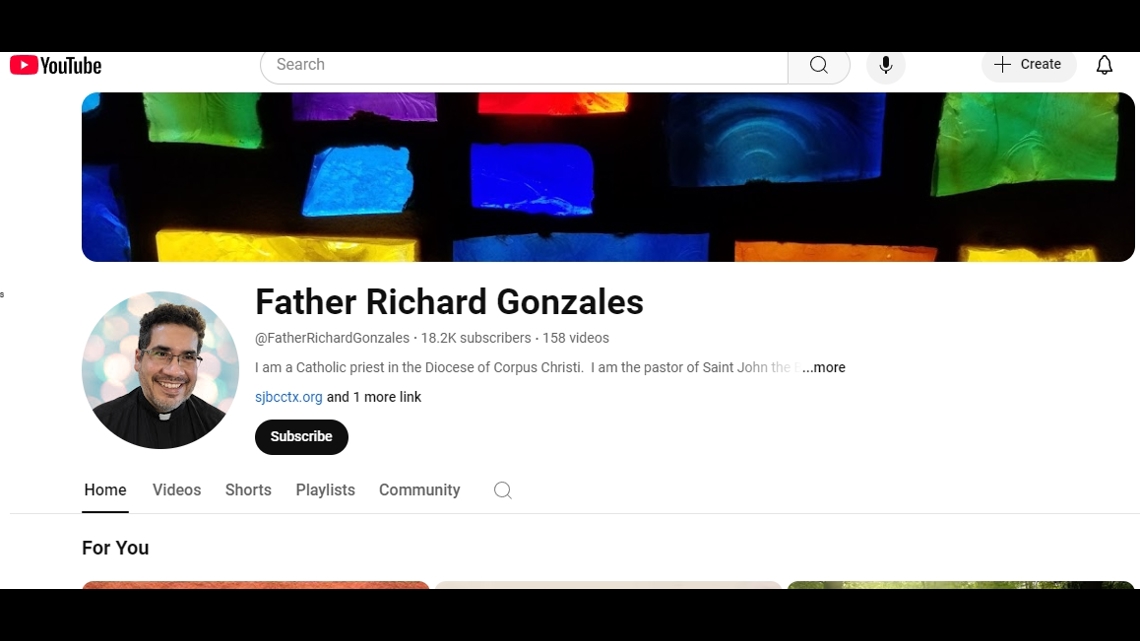

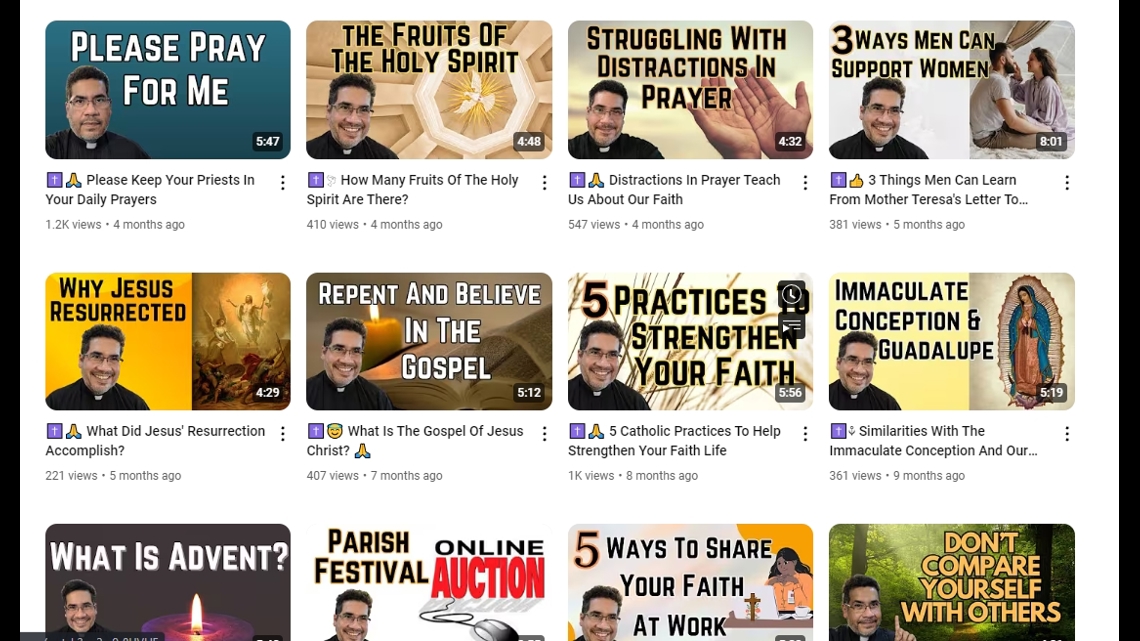
"And people actually responded in gratitude, 'Thank you for doing this because I felt alone, I was by myself and just watching your video it gave me inspiration and I knew I was not alone.'"
When it comes to seeking that sort of clarity and comfort, whether at church, home or with a counselor, Rodriguez, Luis and Father Gonzales come to a consensus: it does not mean straying away from your culture, whereas instead, it provides a unique opportunity to become closer to it.
"Learn about the heritage, learn about your bloodline," Rodriguez said. "Being able to learn from the resiliency that’s been shown in our heritage, be able to use it to find strength for what we’re going through today."
RELATED STORIES:
- Revisiting Corpus Christi's first elected Hispanic mayor
- Keep an eye out for the new RTA bus wrap that honors Hispanic leaders
- West Oso students celebrate Hispanic Heritage Month
- TAMU-CC kicks off Hispanic Heritage Month with vibrant display of culture
- 'Para la Cultura' fashion show aims to preserve Hispanic heritage

